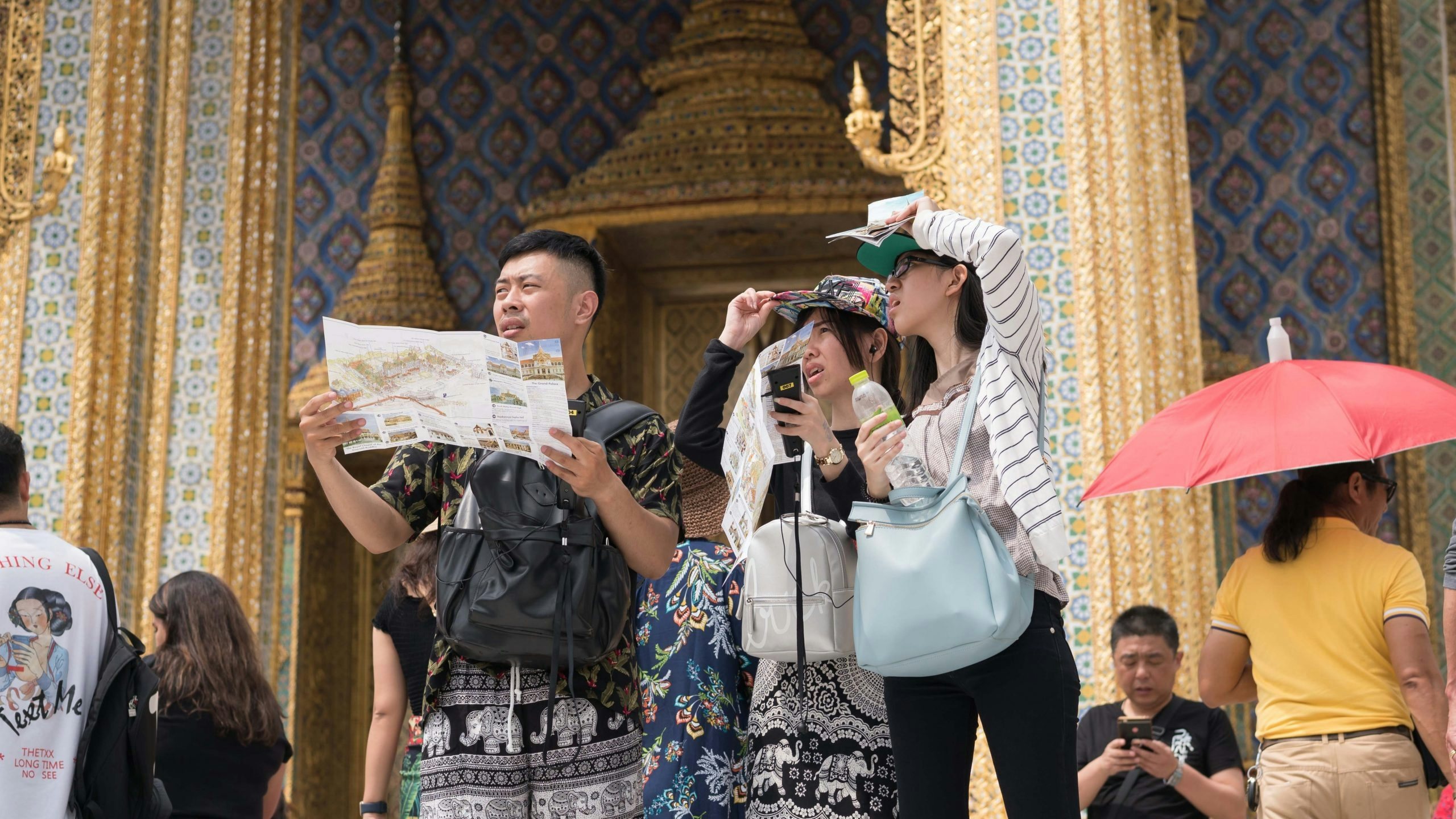What happened
Once praised by Chinese travelers, Thailand is bursting its own bubble. On February 14, the Thai cabinet approved the collection of an entry free on foreign visitors, effective starting on June 1. Those coming by air will need to pay 300 baht (8) for each trip and those entering by land or sea ports must pay 150 baht each. These fees will be used in part to develop local attractions, as well as provide tourists with insurance coverage during their stay.
The news has been met with dismay in China. On Weibo, the hashtag “Thailand will impose entry fees on foreign tourists” has garnered 130 million views, with many posts complaining about the additional travel costs. As one user @若依诗 wrote, “[Thailand] earned a lot of money and now has started to act rude! I have been to Thailand twice and I have a good impression of it, but this makes me dismiss the idea of going again."
Another user @少女不需要hermes- added, “Those who say that it is reasonable and not expensive do not know that the visa fee has increased. I'm not going at all. When the first flight was launched, the Deputy Prime Minister of Thailand rushed to the airport to welcome travelers and present flowers. Why? Because the wallet army was coming."
The Jing Take
When China first opened its borders, Thailand welcomed travelers with open arms. In fact, Thai officials were present at the airport to greet the first batches of visitors with applause, flowers and gifts — a stark contrast to how many western nations reacted. France, Italy, the US, and others mandated that people coming from China test negative for COVID-19, a policy China blasted as “discriminatory.”
As such, when Lunar New Year rolled around in January, Chinese tourists preferred these more welcoming Southeast Asian nations to western holiday destinations like Europe and Canada. According to Trip.com, travel reservations from China to Southeast Asia were up tenfold (granted, this is in comparison to almost zero international travel a year ago), with Thailand being the top choice. Authorities in Thailand stated that the country is now expecting at least 5 million Chinese tourist arrivals this year, half of what it was in 2019.

However, the new entry fees aren’t the only reason for complaint. On Xiaohongshu, the topic “Thailand is no longer the Thailand that it used to be” has become a trending topic, with many top posts bemoaning how prices of food and hotels have jumped since the pandemic.
For Thailand, losing Chinese tourists would be a blow. In 2019, more than 11 million Chinese tourists visited Thailand, accounting for nearly a third of total foreign visitors, and spent an average of 1,467. Thailand’s finance minister went so far as to state that their return could help the country grow by 3.8 percent this year, up from about 3.1 percent in 2022.
While these recent developments will not deter Chinese holiday-goers altogether — there are plenty of recent posts showcasing Thailand’s scenic beaches and Buddhist temples — the Southeast Asian hub may have to do more to win back this audience, especially if it's pinned hopes for economic recovery on them.
The Jing Take reports on a piece of the leading news and presents our editorial team’s analysis of the key implications for the luxury industry. In the recurring column, we analyze everything from product drops and mergers to heated debate sprouting on Chinese social media.


